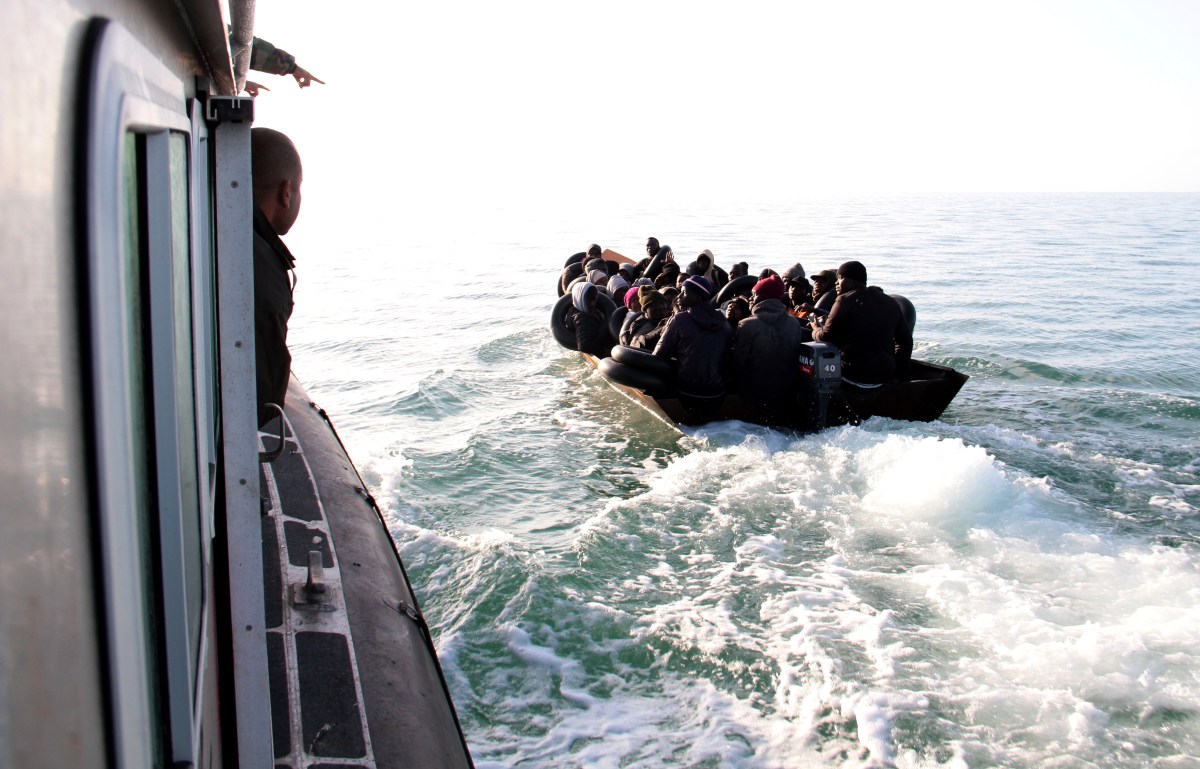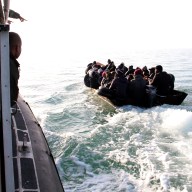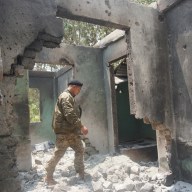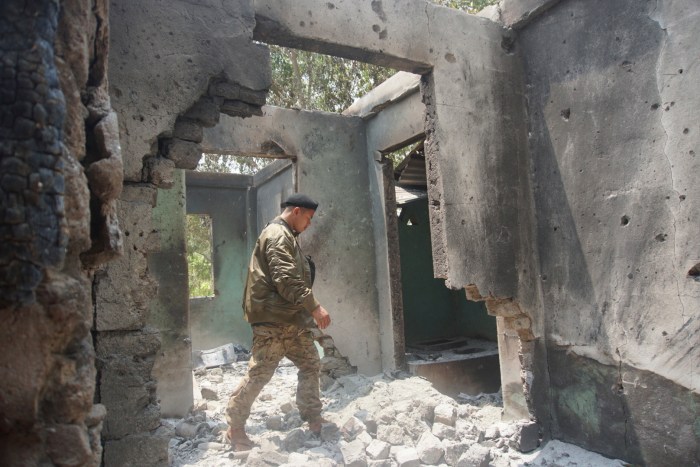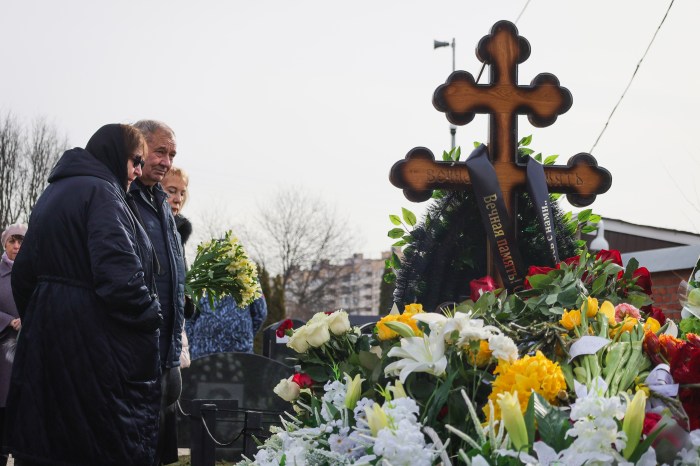RABAT, Morocco (AP) — Children dead in the English Channel. Morgues full of migrants reaching capacity in Tunisia. Police in Cyprus patrolling off the island nation’s eastern coast to thwart boats loaded with Syrian refugees.
With pivotal June elections for the European Parliament getting closer, such scenes of despair and tragedy are complicating efforts to open a new chapter in Europe’s migration policy. As the European Union and countries across the 27-member bloc adopt tougher measures on migrants, politicians largely focus their rhetoric on the need to police human trafficking and smuggling — rather than the human drama playing out at sea.
Human rights organizations have for years warned that tougher policies and police crackdowns are not deterring migration but driving desperate people to attempt life-threatening journeys across treacherous waters. Thousands have paid with their lives.
On Tuesday, Tunisia’s Coast Guard recovered 19 bodies near a section of the country’s coastline known as a primary point of departure for boats taking off for Italy. Separately, five smugglers were arrested on human trafficking charges, authorities said. Tunisia has already intercepted about 21,000 migrants trying to cross the sea to Europe this year.
Human trafficking charges in Tunisia carry a prison sentence of up to 20 years.
In France, five people, including a 7-year-old child, died Tuesday while trying to cross the English Channel and reach the United Kingdom — just hours after the British government approved a law allowing the deportation of some migrants who entered the country illegally to Rwanda.
The disaster unfolded as French authorities spotted several boats packed with migrants off the coast of Pas-de-Calais early on Tuesday morning. Some 25 minutes after taking off, an inflatable dinghy with 112 people ran into a sandbank and French Navy ships were deployed to help.
They rescued 49 people from the doomed vessel and brought them ashore, along with the bodies of the five who perished. However, 58 refused to disembark.
The migrants still onboard managed to restart the engine and took off again, along with several other boats that sailed off the northern coast early Tuesday, followed by the French maritime gendarmerie patrol boat, according to a statement from the prefecture responsible for the north of France.
“The particularly large number of people crammed onto this boat highlights the dangerous methods of smugglers, who pack people on these vessels, overcrowding them, in complete disregard for lives, in order to make a profit,” it said.
The boats presumably reached the U.K., where three men were arrested in connection with deaths of the five on the French side of the Channel, the U.K.’s National Crime Agency Agency said Wednesday. Two Sudanese men and a citizen of South Sudan were detained in a nighttime raid by immigration enforcements officers on suspicion of facilitating illegal immigration and entering the U.K. illegally, the statement said.
Prime Minister Rishi Sunak has vowed to crack down on human smugglers.
“For matters of compassion more than anything else, we must actually break this business model and end the unfairness of people coming to our country illegally,” Sunak said Tuesday.
The perilous sea journeys taken by people have long been a political flashpoint in Europe. Many are fleeing conflict, poverty or persecution in Africa, Middle East and Asia, hoping for a better life on European shores.
Lawmakers have increasingly enacted policies designed to deter, detain and deport migrants, pushed by far-right politicians whose claims that migration is as a threat to national security has gained more and more traction.
Governments have revamped their own migration policies and reached new agreements with neighboring countries to prevent crossing attempts. European Union lawmakers passed a set of new migration laws earlier this month to share responsibility for those resettling on the continent and expedite deportations of those deemed ineligible to stay.
The 27-country bloc has pledged billions of dollars over the past year to countries including Tunisia, Mauritania and Egypt to provide general government aid, migrant services and border patrols.
In accords that European leaders hailed as a “template” for other countries, Tunisia and the EU reached a $1.1 billion agreement last July that includes funding for migration assistance and border patrol. The majority of funds have yet to be disbursed and are contingent on the country reaching an agreement with the International Monetary Fund on a stalled bailout package.
However, the effectiveness of deterrence as a policy is being debated. The number of migrants and refugees reaching Europe without authorization has risen since 2020, when less than 96,000 arrived by sea. That number rose steadily through last year, when more 270,000 arrived by sea, according to the United Nations refugee agency.
An estimated 30,000 people made the crossing last year, according to figures from the U.K. government. As of Sunday, more than 49,000 migrants have reached Europe by sea this year, authorities say.
Though the primary routes shift, arrivals by sea are similar to last year. In the first four months of 2023, nearly 54,000 reached Europe, according to government data gathered by the UNHCR. That figure does not include the thousands who entered Europe by land through countries along the continent’s eastern and south-eastern borders, including Ukraine.
Surk reported from Nice, France. Associated Press writers Bouazza Ben Bouazza in Tunis, Tunisia, and Danica Kirka in London contributed to this report.
Follow AP’s global migration coverage at: https://apnews.com/hub/migration

